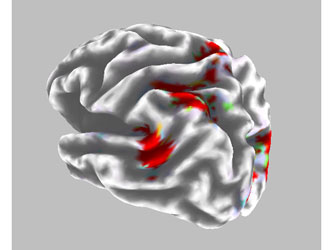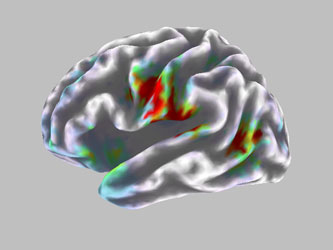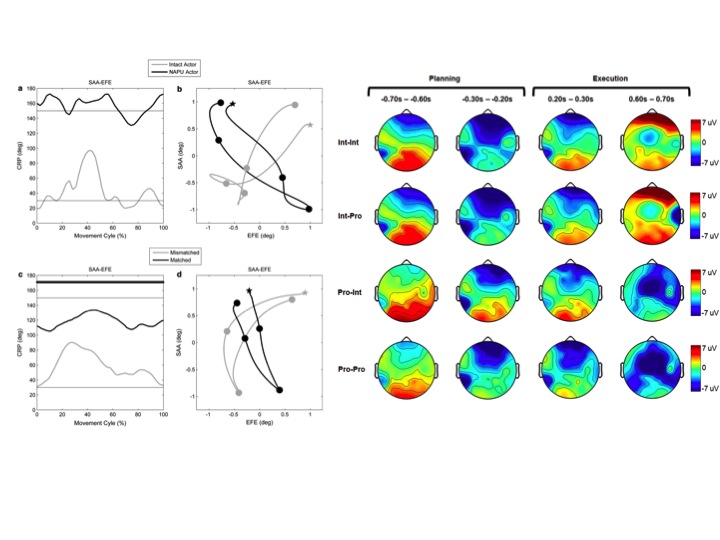Interests
The Cognitive Motor Control Laboratory seeks to understand neurophysiology guiding skillful human-object interactions in upper extremity motor control. We use neuroimaging to identify anatomical and physiological circuits in humans that guide successful skilled behavior. Our clinical studies consider neural systems that can suffer injury or dysfunction related to deficits in skillful motor control, and how to utilize surrogate neural circuits in restorative motor therapies.
Current Projects
We currently have two main research projects of study.
- The first is to investigate how we associate objects and the movements that go along with these objects in the upper extremity. This work focuses on healthy subjects to establish neural patterns, then determine how these patterns change after stroke that results in a condition known as apraxia, a deficit of complex motor control. This uses EEG and MRI in order to capture neural patterns related to such cognitive motor tasks.
- The second project involves neurorehabilitation driven approaches to improve adaptation of upper extremity prostheses. This involves multimodal recording of neural and biomechanics outcomes to identify novel ways to engage functional rehabilitation of prostheses based on action encoding therapies.
View Recent Publications




